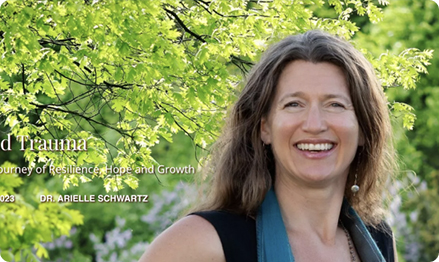
Beyond Trauma: Join me in South Africa
A Guided Journey of Resilience, Hope and Growth May 7-16th, 2026 I will be leading a 10-day/9-night Beyond Trauma workshop hosted by Nature Connexion is

A Guided Journey of Resilience, Hope and Growth May 7-16th, 2026 I will be leading a 10-day/9-night Beyond Trauma workshop hosted by Nature Connexion is

Embodied Spirituality Many of us have been taught that our spirituality is something that exists outside of us and that it is disconnected from our

Exploring Post-Traumatic Growth Trauma affects the best of us, and its effects can linger, limiting your ability to live with joy and abundance. Whether it

Supporting your Growth According to Hebb’s law, what fires together, wires together. Whatever you repeatedly think, feel, and sense builds new or strengthens existing patterns

Already Whole Yogic philosophy states that you are already whole and deeply connected to the world around you. To engage in yoga does not make

Awakening Post-Traumatic Growth Trauma affects the best of us, and effects can linger, limiting your ability to live your life with joy and abundance. Unresolved,

Mindful body awareness awakens you to your inner world…this sensory interior is scientifically referred to as interoception. This key to wellbeing invites you to pay

Applied Polyvagal Theory in Yoga Therapeutic Yoga for Trauma Recovery Trauma recovery is as much about healing the body as it is the mind. Yet,